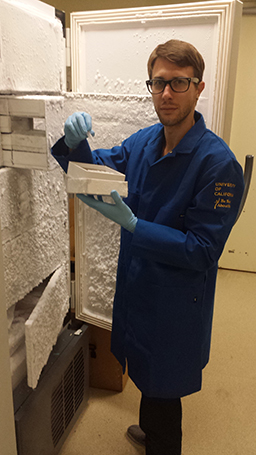FOR IMMEDIATE RELEASE
Media Contact:
Tara DiMilia, 908-947-0500, tara.dimilia@TMstrat.com
New Study Reveals Ticks in Bay Area Carry Larger Diversity of Bacteria Than Expected and May Help Explain Why Lyme Disease Symptoms Vary Widely Among Bay Area Patients
Rates of tick infection with Borrelia miyamotoi are found to be higher in the Bay Area than previously documented on East Coast, and Tick-borne disease infection risk is shown to be higher in Redwood habitats than previously believed
SILICON VALLEY, Calif., August 19, 2015 — Bay Area Lyme Foundation, which is working to make Lyme disease easy to diagnose and simple to cure, highlights a new Bay Area study conducted by researchers from Stanford and Northern Arizona Universities documenting a vast diversity of bacterial species and strains that cause tick-borne diseases in Bay Area residents and visitors. The variety of bacterial species and strains identified may be the reason that Bay Area patients with tick-borne diseases experience a wide range of symptoms, which may or may not include flu-like complaints, joint pain, fatigue and a rash of differing shapes, thereby making exact diagnoses extremely difficult.

